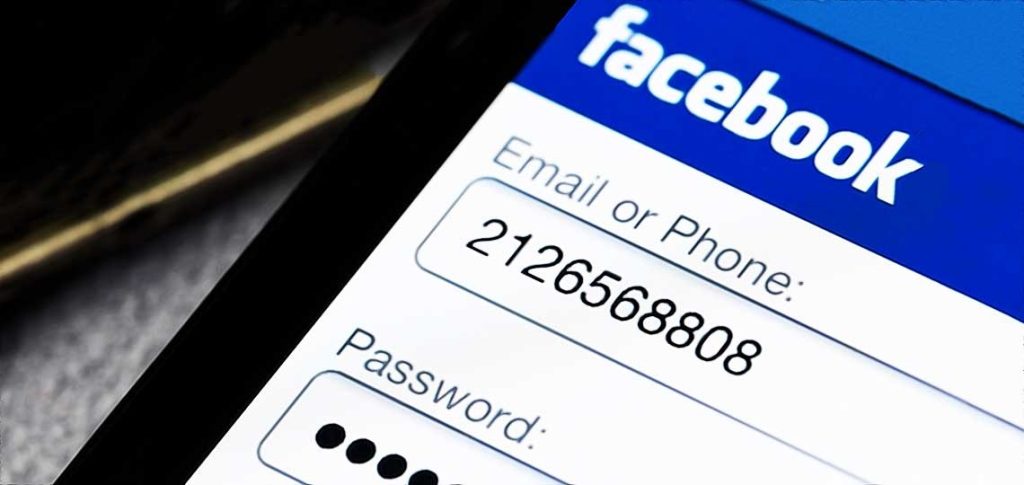In today’s interconnected world, social media platforms like Facebook have become integral parts of our daily lives, serving as avenues for communication, networking, and entertainment. However, the pervasive presence of these platforms also makes them prime targets for malicious actors seeking to exploit vulnerabilities for personal gain. One such threat is Facebook hacking—a practice that can compromise the security and privacy of users’ accounts. In this article, we delve into the various methods used by hackers to gain unauthorized access to Facebook accounts and explore strategies to protect yourself from falling victim to these attacks.
Understanding Facebook Hacking

Facebook hacking refers to the unauthorized access to and control of a user’s Facebook account by an external party. Hackers employ a variety of techniques and strategies to achieve this, ranging from phishing scams and social engineering tactics to software vulnerabilities and brute-force attacks. By gaining access to a user’s account, hackers can exploit personal information, impersonate the user, spread malware, or engage in other malicious activities with potentially far-reaching consequences.
Common Methods Used by Hackers
- Phishing: Phishing is a deceptive practice wherein hackers attempt to trick users into divulging their login credentials by posing as legitimate entities. This may involve sending fake emails or messages that appear to be from Facebook, prompting users to log in through a fraudulent webpage. Once users enter their credentials, hackers capture the information and gain access to their accounts.
- Social Engineering: Social engineering exploits human psychology to manipulate individuals into divulging sensitive information or performing actions that compromise security. Hackers may impersonate trusted contacts, exploit relationships, or create convincing scenarios to persuade users to reveal their Facebook login credentials voluntarily.
- Password Guessing/Brute Force Attacks: In some cases, hackers may attempt to gain access to Facebook accounts by systematically guessing passwords or using automated tools to try different combinations until they find the correct one. This method, known as brute-force attacks, relies on the vulnerability of weak or easily guessable passwords.
- Malware and Keylogging: Malware, such as viruses, trojans, or spyware, can infect users’ devices and capture sensitive information, including Facebook login credentials. Keyloggers, a type of malware, record keystrokes entered by users, enabling hackers to obtain passwords and other sensitive data without the user’s knowledge.
- Account Takeover: In some instances, hackers may gain access to a user’s Facebook account by exploiting vulnerabilities in third-party apps or services linked to the account. Once compromised, the hacker can exploit the account’s permissions to access sensitive information or engage in fraudulent activities.
Protecting Your Facebook Account

While the prospect of Facebook hacking may seem daunting, there are several proactive measures you can take to safeguard your account and mitigate the risk of unauthorized access:
- Enable Two-Factor Authentication (2FA): Two-factor authentication adds an extra layer of security to your Facebook account by requiring a secondary verification method, such as a code sent to your mobile device, in addition to your password. This helps prevent unauthorized access even if your password is compromised.
- Use Strong, Unique Passwords: Choose strong, complex passwords for your Facebook account that are difficult for hackers to guess. Avoid using easily guessable passwords like “password” or “123456,” and consider using a password manager to generate and store unique passwords for each of your online accounts.
- Be Cautious of Phishing Attempts: Exercise caution when clicking on links or downloading attachments from unfamiliar sources, as these may be phishing attempts designed to trick you into disclosing your login credentials. Always verify the authenticity of messages and websites before entering sensitive information.
- Keep Your Software Updated: Ensure that your devices and applications, including web browsers and antivirus software, are regularly updated with the latest security patches and updates. This helps protect against known vulnerabilities that hackers may exploit to gain access to your Facebook account.
- Review App Permissions: Periodically review the permissions granted to third-party apps and services linked to your Facebook account. Remove any apps or services that you no longer use or trust, as these may pose security risks and provide avenues for hackers to gain access to your account.
- Monitor Your Account Activity: Regularly review your Facebook account activity and settings for any suspicious or unauthorized changes. Look out for unfamiliar login attempts, unrecognized devices, or unusual account behavior, and take appropriate action, such as changing your password and reporting suspicious activity to Facebook.
- Educate Yourself and Others: Stay informed about common hacking techniques and security best practices for protecting your Facebook account. Educate yourself and others in your network about the risks of phishing, social engineering, and other cybersecurity threats, and encourage them to take proactive steps to safeguard their accounts.
By implementing these proactive security measures and remaining vigilant against potential threats, you can significantly reduce the risk of falling victim to Facebook hacking and protect your account from unauthorized access and exploitation. Remember, safeguarding your online accounts is an ongoing process that requires diligence and awareness, but the peace of mind and security it provides are well worth the effort.